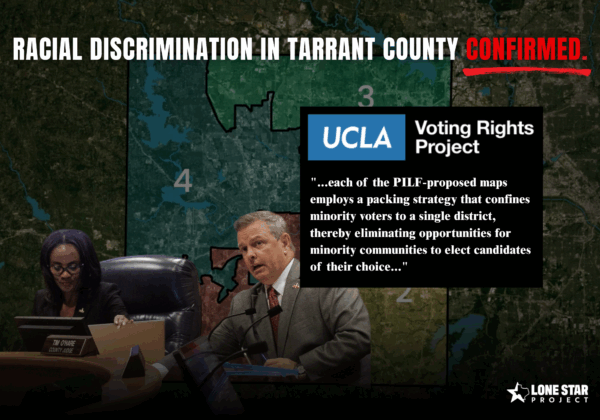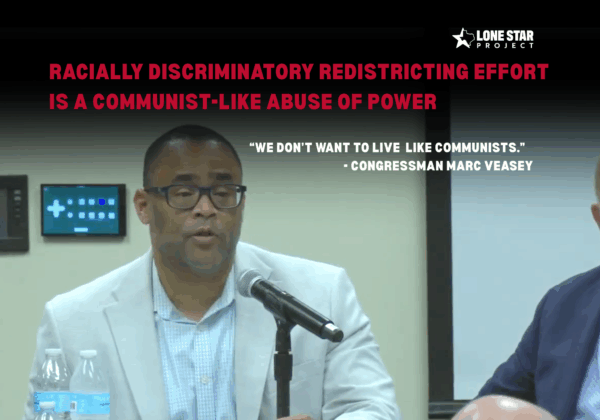The Court still has not ruled on the case, and candidate filing for the 2016 Texas primary elections opens on November 14, 2015, less than a month from now.
In light there being no decision and with candidate filing approaching, plaintiff groups – including the Quesada plaintiffs, the Rodriguez plaintiffs, Perez plaintiffs, national LULAC, and the Texas NAACP – filed a motion yesterday urging the Court to “grant them a preliminary injunction, barring the implementation of the 2013 House and Congress redistricting plans for the 2016 election cycle.” The motion can be seen here. It lays out four clear reasons why an injunction is justified:
- The Plaintiffs are likely to prevail based on the merits of the case – As an example, the motion points to Congressional District 23 (Hurd – San Antonio/West Texas) where Hispanic voting strength was diluted by the 2011 map under challenge and the interim plan continues to deny Latinos an effective opportunity to elect their preferred candidate.
The motion also reminds the court that the 2011 plans were drawn with an “invidious racial purpose” that demonstrates the need for new pre-clearance or “bail-in” requirements with respect to any plan adopted after 2011, including the 2013 map.
- Irreparable harm to Texas voters if injunction is not granted – The motion points out that two election cycles have already been conducted under plans that include continuing voting rights violations and the injunction is needed to avoid further harm.
- The threatened injury to Texas voters outweighs any benefit to the defendants – the motion makes the obvious point that there is still time to adopt new plans and that failing to do so will cause voter harm far beyond any damage done by inconvenience to State leaders.
- The injunction is not counter to the public interest – Again, the motion makes the obvious point that the public is best served by district plans that are legal and respect minority rights.
Texas Republican leaders have charted a relentless course to use redistricting and restrictive voting laws as a means of suppressing voting rights. The current state house and congressional maps retain significant discriminatory features from the 2011 maps that continue to deny Texans their rights. Greg Abbott and other state leaders were fully aware that a federal court had found the 2011 plans to be intentionally discriminatory and, despite these findings, they intentionally moved forward and adopted the discriminatory plans in 2013.
The Lone Star Project has worked directly with the Quesada and other key plaintiff groups providing technical and financial support to fight back against Texas Republican attacks on voting rights. We strongly support the motion filed yesterday and look forward to the Court’s response.


